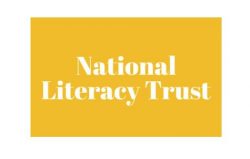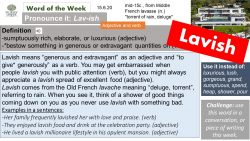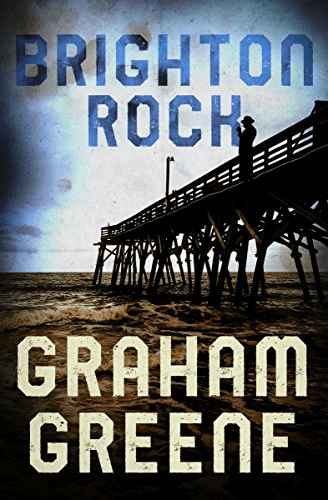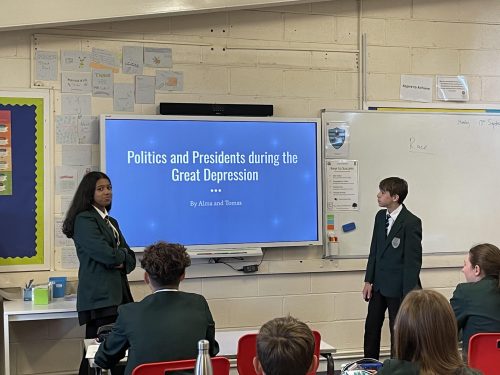English Faculty Recommended Reads: Wk beginning 29th June
‘Brighton Rock’ (1938) by Graham Greene ‘Heaven was a word: hell was something he could trust.’ This fast-paced thriller is one of Greene’s most famous novels. It tells the tale...
Filter by Category
Filter by Author


























































































































































































‘Brighton Rock’ (1938) by Graham Greene ‘Heaven was a word: hell was something he could trust.’ This fast-paced thriller is one of Greene’s most famous novels. It tells the tale...
Posted by Lynn Court

It seems that so many aspects of our lives have taken a bit of a hiatus since we all started working from home, and creative writing club has been no exception. Obviously, our...
Posted by Sara-Luise Smith

Encouraging your child to write is an important way to support their development both academically and as a person. As research indicates writing enables young people to express...
Posted by Claire Till

Most of us have been having a fair few of those since the lockdown began, both literal and metaphorical. Like many idioms, the origin is uncertain, although it seems to be one of...
Posted by Lynn Court

This week: ‘The Secret History’ (1992) by Donna Tartt The story follows a group of smart, attractive Classics students at an elite university, and an outsider who finds himself...
Posted by Lynn Court

This week: A Short History of Nearly Everything (2003) by Bill Bryson A nonfiction offering: In his quest to provide what the title suggests, Bryson is funny, clear and...
Posted by Lynn Court

Posted by Danielle Bowe

‘To Kill a Mockingbird’ (1960) by Harper Lee This Pulitzer Prize winning novel concerns the essential nature of right and wrong and how good and evil can coexist. Through...
Posted by Lynn Court

Posted by Danielle Bowe

The English Faculty would like to draw your attention to another writing competition opportunity. This one has longer for you to create your masterpiece:
Posted by Lynn Court
‘Brighton Rock’ (1938) by Graham Greene
‘Heaven was a word: hell was something he could trust.’

This fast-paced thriller is one of Greene’s most famous novels. It tells the tale of a gang war that is raging through the dark underworld of Brighton. Seventeen-year-old Pinkie, malign and ruthless, has killed a man and thinks he can get away with it…

This week in English, students in year 9 have been conducting research about life in America following the Great Depression in preparation for their study of John Steinbeck’s...